Our Program
One of the most prestigious Folklore Programs in the country, we have an international reputation for excellence. Our courses will prepare you to meaningfully engage with communities and organizations, take part in important dialogues about diversity, and explore creative practices and expressive culture. You will prepare to excel in fulfilling careers -- in local and global contexts – and make a difference through your training in creative and critical thinking, problem solving and culturally grounded communication.
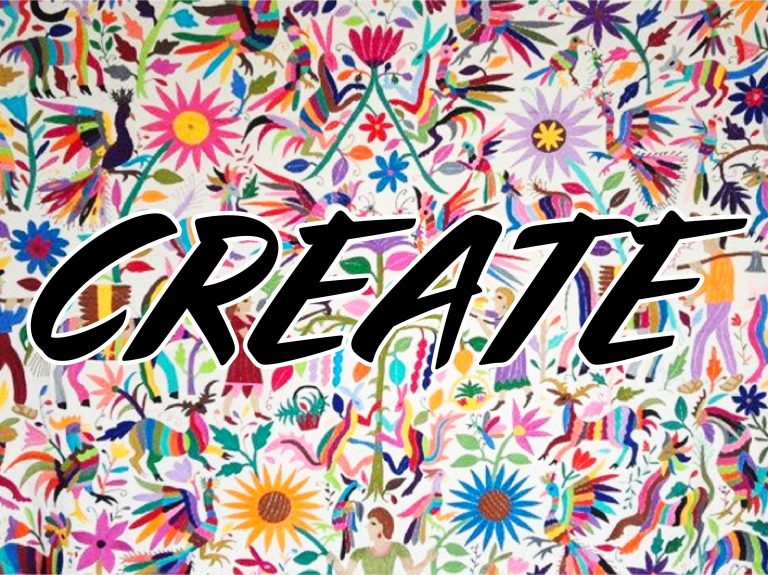
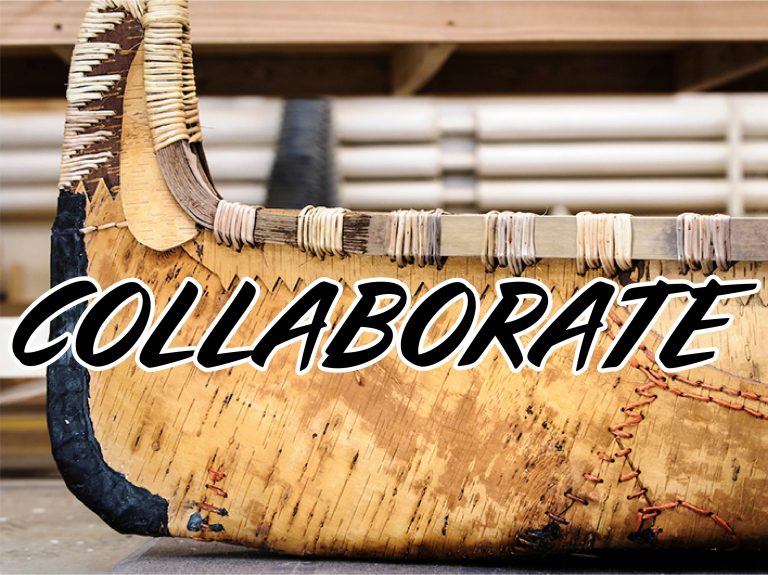
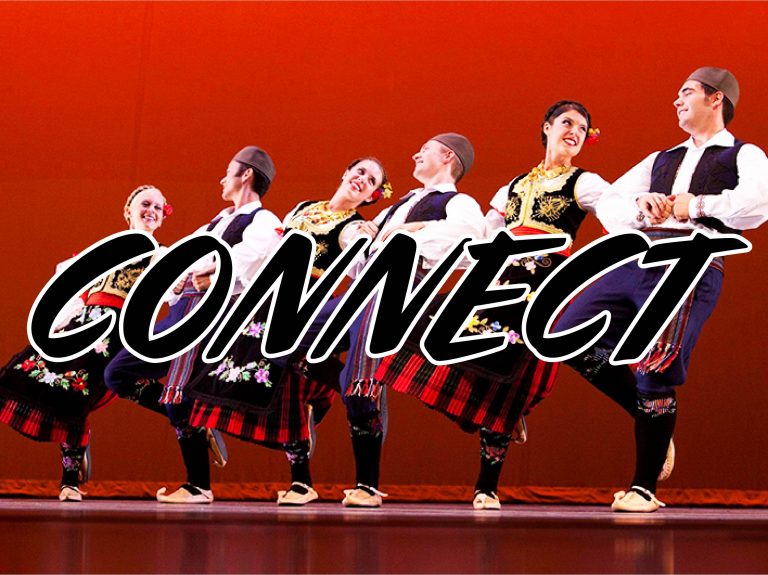
WHY STUDY FOLKLORE?
A Folklore Certificate will prepare you for fulfilling and profitable careers in today’s fluctuating job market. Folklorists and people with folklore training work in museums, hospitals, marketing, eco-tourism, advertising, education, journalism, publishing, non-profits, hospitality services, gaming, federal and state government, libraries, archives, business, and more. They use deep active listening, communications, analytical skills, ethics training, diversity training, data literacy, critical thinking, and writing skills across all fields. The Peace Corps, US Foreign Service, small businesses, and local community enterprises all offer exciting opportunities for those with Folklore training. Many academic, charitable and political organizations actively seek individuals who understand local, national and global cultures.
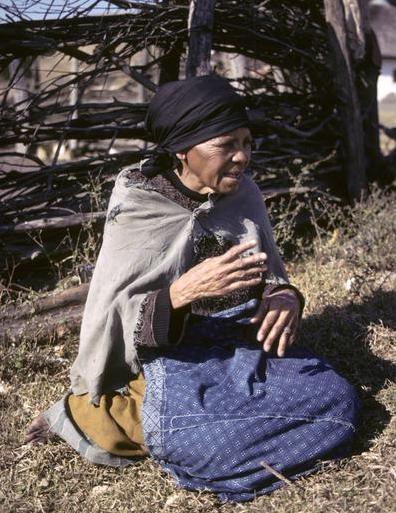
FOLKLORE AT U.W. MADISON
Folklore Studies has had a sustained presence at the University of Wisconsin since 1867 when William Francis Allen – a charter member of the American Folklore Society—joined the faculty. Our program in Folklore Studies at the University of Wisconsin-Madison emerged in the 1980s and has been one of the leading programs in the nation. Our courses explore everyday culture from around the world, from storytelling and indigenous healing practices to material art and dance. We are especially interested in exploring the ways traditional practices respond to current socio-economic and political events. These explorations provide important insights into human behavior, worldview, and social dynamics related to race, ethnicity, gender and sexuality. We support a strong global and comparative perspective that examines these folk traditions worldwide.
ABOUT THE FOLKLORE CERTIFICATE
Folklore classes focus on discovery! With faculty experts, you will explore shared cultural traditions in local communities and global contexts. Folklore includes the traditional art, material culture, architecture, customs, and beliefs by which we define ourselves and our place in the world. Our classes provide a close examination of myths, urban legends, folk and fairy tales, traditional healing, rituals, music, dance, clothing trends, movies and memes, festivals and fairs, and food to name but a few. We investigate why people share and pass along particular beliefs, behaviors, or ideas. How do these traditions evolve and what do they mean to us? What can expressive culture tell us about society, politics, economies, gender norms and more?
REQUIREMENTS:
Students earn a minimum of 12 credits to complete the Certificate, drawing from two categories: Category A, Basics, Fieldwork, Documenting, and Preserving; and Category B: Analysis and Focused Topics.
SOME HIGHLIGHTED COURSES:
• FOLKLORE 103: Introduction to Music and Cultures of the World
• FOLKLORE 210: The African Storyteller
• FOLKLORE 352: Shamanism
• LIT TRANS 329: The Vampire in Literature and Film
• FOLKLORE 428: Gender and Expressive Culture
• FOLKLORE 440: Scandinavian American Folklore
• FOLKLORE 517: The Irish Tradition
• FOLKLORE 539: The Folklore of Festivals and Celebrations
For a full list of courses, please see our Guide page.
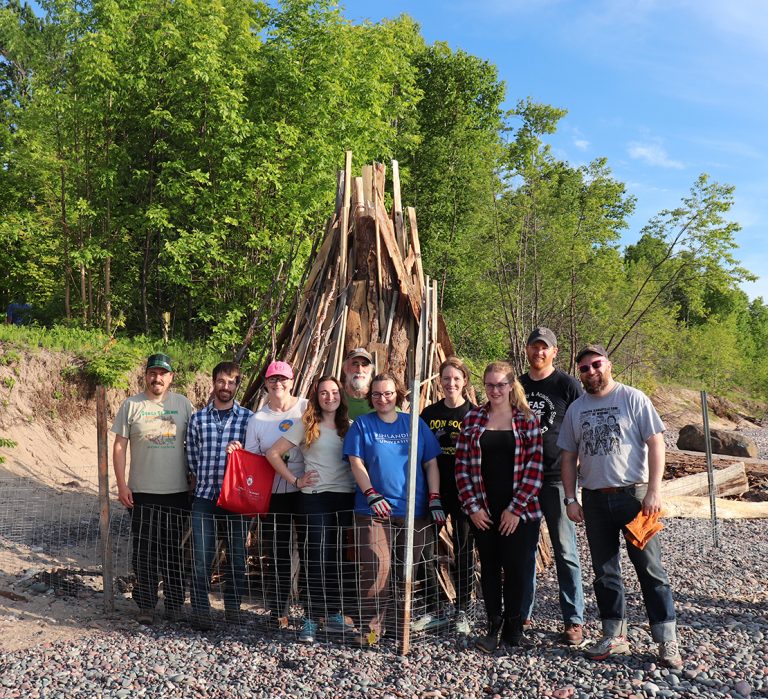
ADVISING:
If you have any immediate questions please contact us at info@gns.wisc.edu.
For information about our undergraduate Folklore offerings contact our Undergraduate Advisor Joanna Schuth.
For information about the graduate program contact our Graduate Coordinator Mark Mears.

